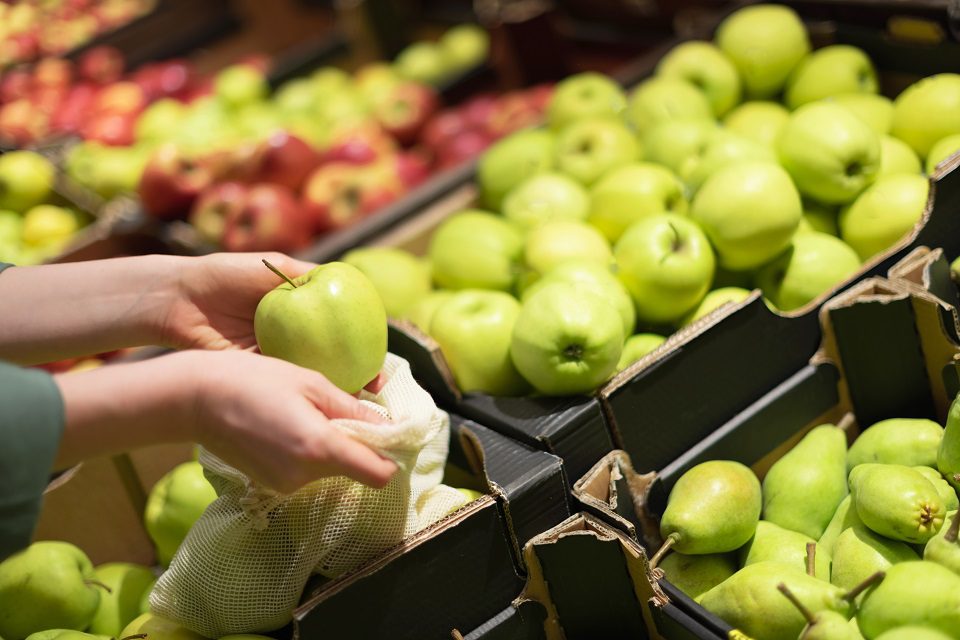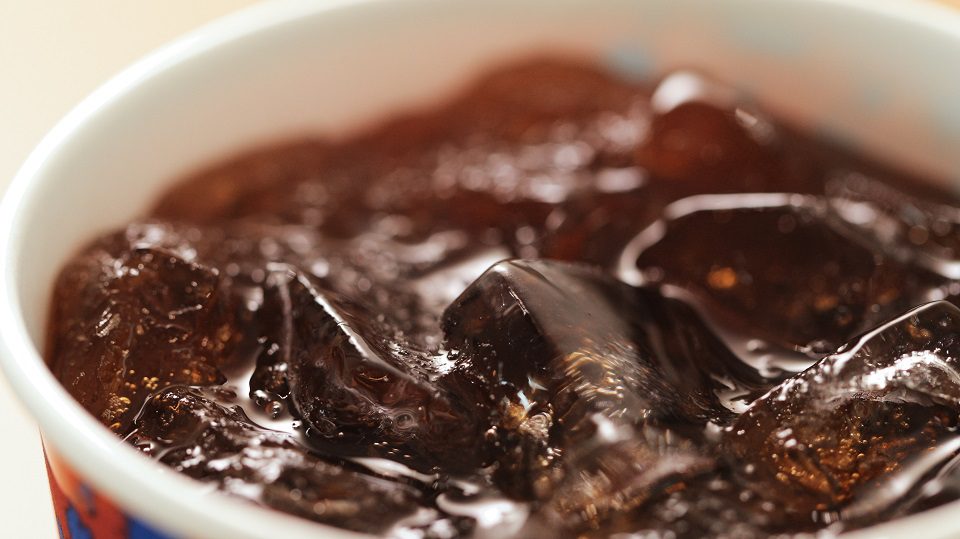Right after heart disease, cancer is the second leading cause of death in our country. And although most of us think of smoking when referring to things that can lead to cancer, there are others more subtle that have similar cancer risks. According to the National Cancer Institute, by 2030, the number of new cancer cases will most likely rise to 23.6 million.
The number is truly concerning, so that’s why we must be aware of the factors that can lead to cancer development. Some aren’t that obvious (as the ones we’re about to list in this article), so, with that in mind, let’s find out how we can slash our cancer risk.
1. Not managing your stress
You haven’t really thought of that… did you? But yes, stress plays a significant role in cancer development. Your body’s natural response to daily stress factors can increase the chances of developing cancer. Things like increased blood pressure elevated blood sugar levels, and rapid heart rate can lead to cancer.
Plus, most people tend to smoke, drink and overeat when facing stressful periods of time. All of these can also maximize your risk of cancer.
2. Forgetting to floss
It might seem strange to you, but skipping out on flossing can lead to cancer in time. Brushing properly, flossing, and using a mouthwash recommended by your dentist are crucial activities in order to stay healthy. Don’t believe us? Well, a study published in the Journal of the National Cancer Institute can confirm that.
The study found that gum disease (which may happen if you’re not taking good care of your mouth) is strongly associated with a 24 percent higher risk of developing both colorectal and lung cancer. For better oral hygiene, we recommend using an electric toothbrush.

3. Sitting way too much
Get your body moving! Especially if you’re sitting while reading this. Prolonged sitting has serious repercussions on your overall health. More than 40 studies have suggested that sitting way too much, therefore developing a sedentary behavior can increase a person’s risk of lung cancer, colon cancer, and endometrial cancer by 6 percent, 8 percent, and 10 percent, respectively.
4. Sleeping in front of a screen
The main character of your favorite Netflix series has an angelic voice? Even so, do not fall asleep with the TV on. Say bye-bye to this bad habit… There are plenty of reasons why. A study published in the Journal Environmental Health Perspectives pointed out that artificial light that comes from your TV screen is connected to both prostate and breast cancer.
In fact, the same study suggests that artificial light is responsible for many breast cancer cases over the last several decades.
5. Using scented candles
If you think that there’s no way scented candles can cause cancer, think again. They might relax you, but they can also damage your health. Because they contain a wide range of quite dangerous chemicals such as toluene and benzene, using scented candles regularly can maximize your cancer risk.
Ruhullah Massoudi, a chemistry professor at South Carolina State University, says that a person who lights scented candles every single day for years in a row is at higher risk of cancer due to the pollutants he/she inhales.
6. Burning incense
According to a recent study, the smoke that comes from burning incense can increase your risk of cancer, too. The study in which 60,000 cancer-free individuals participated concluded that incense’s long-term use can lead to a greater risk of squamous cell carcinoma in the respiratory tract.
Don’t make burning incense a daily habit! It could do more harm than good.
7. Using a certain laundry detergent
No, we are not suggesting stopping doing your laundry (it could lead to other health problems), but changing your laundry detergent. The Environmental Working Group pointed out that some laundry detergents available on the market contain 1,4-dioxane, a dangerous chemical that was linked to cancer. Before buying anything, make sure to check the labels.
8. Going to the dry cleaner
As it appears, leaving your laundry to the dry cleaner isn’t a good option either. There were several reports from the EPA that pointed out perchloroethylene usage. Also known as perc, this chemical is used by most dry cleaners in our country, and, as studies suggest, it may cause leukemia.
Opt for a dry cleaner business that doesn’t use dangerous chemicals.
9. Pumping gas
Filling up the tank is a pretty regular activity for most of us, but has it ever crossed your mind what it means to our health? When you add just a little bit more gas than recommended, the pump’s vapor recovery system will not work as it should in time. As a result, it releases several cancer-causing chemicals such as benzene into the air.
10. Working the night shift
According to last year’s reports, more than three million Americans work the night shift. But what sleep deprivation during the night can do to you? If you assume that you’re perfectly fine just because you rest your body during the day, you’re wrong.
Sadly, sleep deprivation during the night can maximize a person’s risk of breast cancer. Experts say that this can most likely occur due to melatonin suppression.
11. Not drinking enough water
If you want your internal organs to function properly, drink plenty of water daily. Water consumption is responsible for many things in the body like regulating your body temperature, protecting your tissues, helping excrete waste, maximizing physical performance, preventing constipation, improving blood oxygen circulation, and boosting mood.
Failing to drink plenty of water could lead to bladder cancer. Always carry a bottle of water with you wherever you go to prevent dehydration. If you need a water bottle to remind you to get your H2O in, here’s a great one for you!
12. Using a plastic water bottle
It’s great if you keep that body hydrated, but are you drinking from a bottle made out of steel, glass, ceramic, or plastic? Because the material is equally important as the water itself.
According to Breastcancer.org, a nonprofit organization, plastic drink containers can contaminate the liquids with dangerous chemicals such as BPA, a synthetic hormone that can affect your body’s hormonal balance. The same harmful chemical can also maximize your breast cancer risk.

13. Avoiding fruits and vegetables
Although we agree that some veggies are not tasty (Brussels sprouts and broccoli, anyone?), it doesn’t mean you should avoid all of them. Try to include as many veggies and fruits in your diet so your body can reap essential minerals and vitamins for vital processes and functions.
Harvard’s School of Public Health agrees too. A variety of veggies and fruits consumed on a regular basis can minimize your chances of cancer.
14. Consuming too much rice
Do you often include way too much rice in your diet? If yes, try to cut out this habit, especially when referring to white rice. A study published in the International Journal of Environmental Research and Public Health revealed that rice has traces of arsenic. It’s best to reduce your rice consumption and if you’re going to eat it anyway, at least opt for brown rice.
15. Undergoing hormonal replacement therapy
According to a recent study published in the Lancet Journal, there’s a strong connection between hormone replacement therapy and breast cancer. Most women often use HRT during menopause, so, before taking this path, talk to your doctor.
16. Taking way too many supplements
Supplements and vitamins were created to improve our health, but they can have serious consequences on your body if you abuse. A study from the University of Colorado Cancer Center also proved it. It seems that taking way too many doses of any supplement can eventually lead to cancer.
The study was made on beta-carotene supplements and concluded that a higher beta-carotene intake increased lung cancer risk by more than 20 percent.
17. Eating charred meat
Meat cooked properly is a good source of protein, however, most of us like it charred. If you’re one of them, you should be aware of the fact that cooking meat at high temperatures could lead to chemical formations in the DNA. These harmful changes can cause cancer, says the National Cancer Institute.
P.S.: A 12-year study found that vegetarians have decreased chance of developing cancer than meat-eaters. So, you’re better off without that piece of meat.
18. Eating processed meat
What could be worse than eating charred meat? Well, the answer is pretty obvious… Consuming processed meat! Bacon, cold cuts, hot dogs, fast-food chicken nuggets, sausages, and fast-food hamburgers are all a no-no.
No matter how good a hot dog looks, avoid it like the plague! All health institutions classified most processed meat as a carcinogen. Even 1.8 ounces per day can maximize your risk of developing colorectal cancer by 18%.
19. Drinking too much
We all enjoy a drink now and then, but if one drink translates to four or more, we have a serious problem here. Having more than two alcoholic beverages per day increases your cancer risk significantly. The American Cancer Society even noted that overdrinking is strongly associated with a greater risk of liver, breast, throat, and colon cancer.
Avoid ordering that third alcoholic drink at all costs!
20. Making microwave popcorn
We know… microwave popcorn bags are pretty convenient and cheap too. But do you know what they also are? DANGEROUS! Microwave popcorn packs a chemical called diacetyl found in its butter flavoring. This chemical can eventually lead to a wide range of lung issues, including cancer.

21. Drinking diet soda
Do you think that our former president, Donald Trump is in tip-top shape? If we consider what he drinks in a day, we might as well close our eyes for good (he had a button on the Resolute desk he could press to order his Diet Coke without getting up).
Diet soda has great amounts of aspartame, a sugar-free sweetener that has been shown to cause blood-related cancers. Stick to plain water and avoid as much as you can diet soda or any soda for that matter.
22. Using artificial sweeteners
Well, after reading this, you might want to replace your artificial sweeteners with something less harmful. Because the National Cancer Institute says that there’s a strong connection between artificial sweetener consumption and cancer, the second leading cause of death in the U.S.
Sugar substitutes such as aspartame, cyclamate, saccharin, and sucralose can cause brain and bladder cancer, as well as leukemia and lymphoma. Please, stop adding artificial sweeteners to your tea and coffee! Your body will definitely thank you for that.
23. Falling asleep with your smartphone next to your head
As innocent as it seems, falling asleep with your smartphone next to your head could cause cancer. So, next time you’re listening to your favorite podcast, make sure you’re not falling asleep with your phone on your pillow.
Not too long ago, the California Department of Public Health stated that exposure to radiofrequency energy like the one released by phones could lead to brain cancer.
24. Using baby powder
Toss your baby powder immediately! Although it is made from talc, a natural mineral that contains three main ingredients (oxygen, magnesium, and silicon), baby powder can actually be contaminated with asbestos, the naturally-occurring mineral that causes mesothelioma.
What doctors call mesothelioma is a type of cancer that happens in the thin layer of the tissue that wraps the vast majority of your internal organs. Moreover, studies suggest that when used on the perineal area, this product can maximize a woman’s risk of endometrial cancer by 24 percent.
25. Not wearing sunscreen
Remember how your mother and grandmother used to force you to wear sunscreen? They were right to yell at you… Not wearing sunscreen can lead to cancer. And if you think that you don’t have to wear sunscreen since you’re not going to the beach, you are wrong.
Dermatologists suggest wearing sunscreen even when you’re not leaving home. The Skin Cancer Foundation makes it clear that you should put SPF on your face all year round. No matter the weather, no matter the season, and no matter if you’re indoors or not, wear sunscreen to minimize your risk of developing skin cancer.
Just because the sun is behind the clouds, it doesn’t mean your skin isn’t still being bombarded by UV light.
Need any other tips? Say no more, because we’ve got you covered: Aging or Parkinson’s? Here are 13 Essential Ways You Can Tell!













